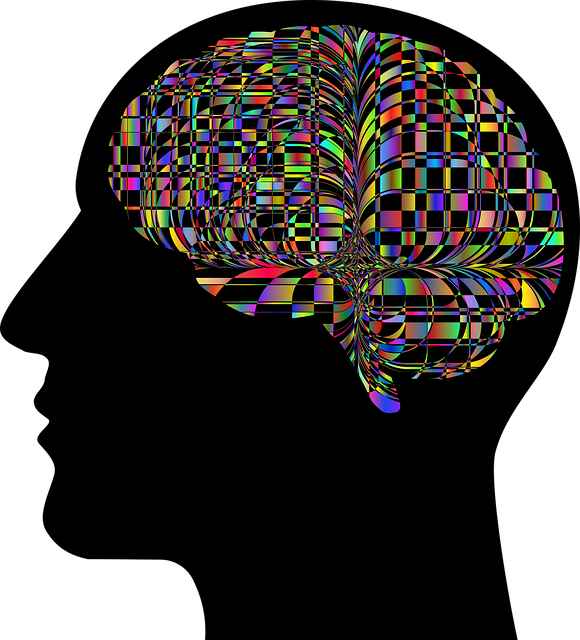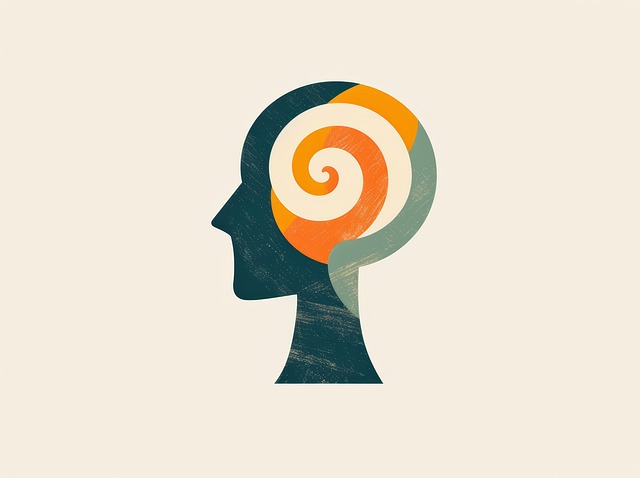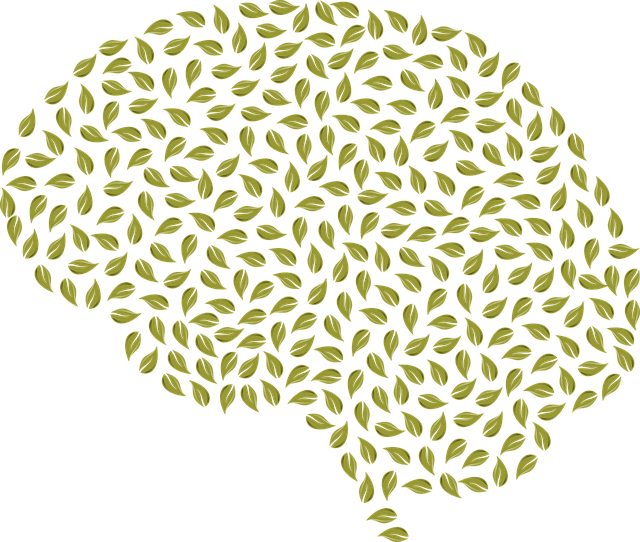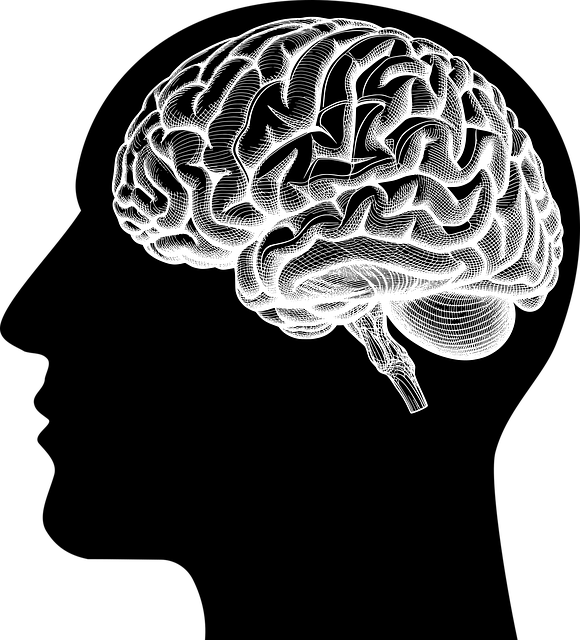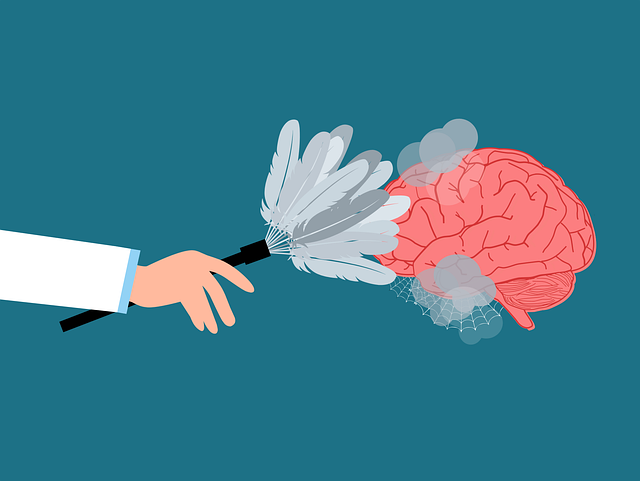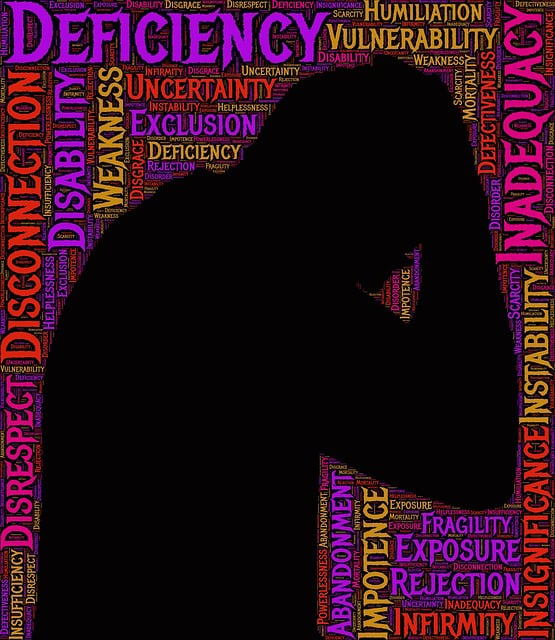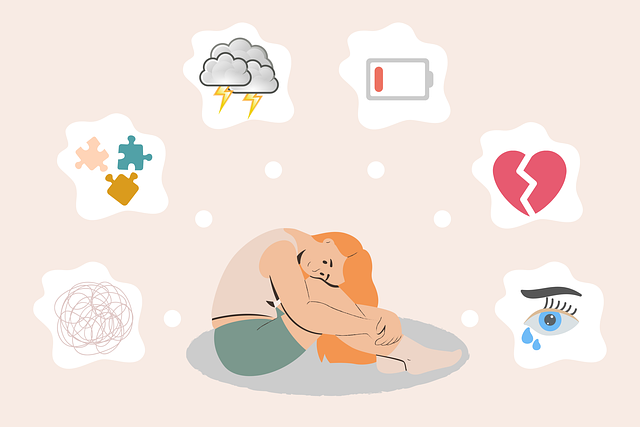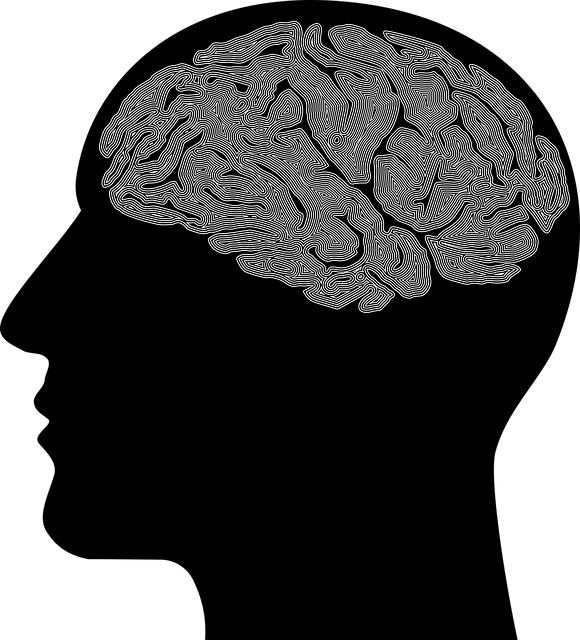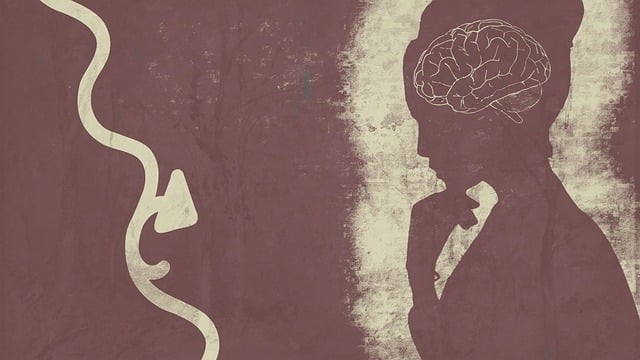Golden Alcohol Abuse Therapy (GAAT) employs a comprehensive RFM (Resilience, Flexibility, Mastery) model to combat alcohol abuse. By analyzing risk factors and motivations, GAAT combines therapy with risk management planning to address behaviors. Enhancing emotional well-being through journaling, community outreach, and positive thinking exercises builds resilience against negative influences. The program offers tailored activities and empathy-building strategies within a supportive environment, fostering open discussions without judgment. Regular assessments, client feedback, and data analysis ensure success, with the Mental Wellness Podcast Series sharing recovery stories. This dynamic approach refines therapy techniques, empowering individuals to navigate challenges with enhanced confidence and long-term mental health.
“Unleash your inner strength with RFM (Resilience, Flexibility, and Mindfulness) exercises, a powerful tool for personal growth and Golden Alcohol Abuse Therapy. This comprehensive guide explores how integrating RFM into therapy can enhance resilience, helping individuals navigate life’s challenges effectively. We’ll delve into understanding RFM’s role, identifying risky behaviors, designing tailored exercises, creating supportive environments, and measuring progress. By implementing these strategies, you’ll empower yourself or your clients to foster adaptability and mental toughness.”
- Understanding RFM and Its Role in Resilience Building
- Identifying Risky Behaviors and Triggers
- Designing Effective Exercises for Personal Growth
- Implementing RFM Strategies in a Supportive Environment
- Measuring Success and Adjusting the Approach
Understanding RFM and Its Role in Resilience Building

Resilience is a vital aspect of mental health and well-being, especially in addressing issues like alcohol abuse. The RFM (Risk, Frequency, Motivation) model offers a unique perspective on understanding an individual’s relationship with substances, including alcohol. This approach helps identify those at risk by analyzing the frequency of substance use and underlying motivations behind it. By employing Golden Alcohol Abuse Therapy and integrating Risk Management Planning for Mental Health Professionals, therapists can facilitate meaningful conversations about risky behaviors and their potential consequences.
Furthermore, promoting emotional well-being through Effective Emotional Well-being Promotion Techniques can empower individuals to make healthier choices. Encouraging self-esteem improvement is another critical component of building resilience, as it fosters a positive self-image that acts as a buffer against negative influences and supports long-term recovery.
Identifying Risky Behaviors and Triggers

Identifying Risky Behaviors and Triggers is a critical step in any resilience-building journey. This process involves recognizing patterns that lead to distress or negative outcomes, with a particular focus on those related to Golden Alcohol Abuse Therapy. Through careful observation and self-reflection, individuals can uncover triggers such as certain environments, emotions, or even specific thoughts that prompt engaging in risky behaviors. For instance, someone battling alcohol abuse might realize that social gatherings or feelings of loneliness significantly increase the urge to drink.
Community Outreach Program Implementation plays a vital role here by fostering open discussions and offering support systems where individuals can share their experiences and strategies for managing triggers. Encouraging positive thinking and mental wellness through journaling exercises guidance is another effective method. By documenting thoughts, emotions, and coping mechanisms, individuals can gain valuable insights into their behaviors and develop personalized strategies to navigate challenging situations, reinforcing their resilience over time.
Designing Effective Exercises for Personal Growth

Designing effective exercises for personal growth is a critical component of any resilience-building program, especially when aimed at addressing issues like alcohol abuse. Golden Alcohol Abuse Therapy employs strategic methods to create a supportive environment that encourages participants to confront and overcome challenges. These exercises should be tailored to facilitate self-discovery, enhance coping mechanisms, and promote positive behavior change.
One powerful approach is through Empathy Building Strategies, where individuals learn to understand and share the feelings of others, fostering deeper connections and reducing isolation. This, coupled with regular Resilience Building activities, equips participants with tools to navigate life’s storms. Moreover, integrating these exercises into a comprehensive Mental Health Policy Analysis and Advocacy framework ensures that the program not only offers individual support but also encourages systemic change, advocating for policies that prioritize mental health and prevent alcohol abuse on a broader scale.
Implementing RFM Strategies in a Supportive Environment

Implementing RFM (Resilience, Flexibility, and Mastery) strategies in a supportive environment is paramount for effective recovery programs, especially when addressing issues like alcohol abuse. Golden Alcohol Abuse Therapy, for instance, has recognized the importance of creating a nurturing atmosphere that facilitates emotional intelligence and resilience building. This involves not just providing therapy sessions but also integrating mental health education programs designed to enhance emotional regulation skills.
A key aspect is fostering an environment where individuals can openly discuss their feelings without fear of judgment. By incorporating techniques that promote emotional awareness and healthy coping mechanisms, participants gain valuable tools to navigate life’s challenges. These strategies are crucial in preventing relapse and promoting long-term mental health, ensuring individuals leave the program equipped with the skills needed to thrive in a complex world.
Measuring Success and Adjusting the Approach

Measuring Success and Adjusting the Approach
The implementation of RFM (Resilience, Flexibility, and Mental Preparedness) exercises is a transformative journey that demands careful evaluation to ensure its effectiveness. Success in Golden Alcohol Abuse Therapy goes beyond mere participation; it involves quantifiable improvements in clients’ mental wellness, as evidenced through regular assessments and feedback mechanisms. The Mental Wellness Podcast Series Production can serve as a powerful tool for tracking progress, providing a platform to share success stories and best practices, while also attracting new clients seeking similar solutions. By analyzing data on engagement, client satisfaction, and behavioral changes, therapists can tailor the RFM approach to fit individual needs, ensuring that each step builds upon the previous one.
Regular reviews of the program’s progress are crucial in identifying areas where Conflict Resolution Techniques might be integrated more effectively. Through open dialogue with clients and continuous learning from both successes and setbacks, therapists can refine their strategies, fostering a resilient mindset that transcends the therapy room. This dynamic approach not only enhances mental wellness but also prepares individuals to navigate life’s challenges with newfound confidence.
The implementation of RFM (Risk, Function, and Mastery) strategies, coupled with resilience-building exercises, offers a powerful approach to personal growth, especially in addressing issues like alcohol abuse. By identifying risky behaviors, understanding their triggers, and designing tailored exercises, individuals can gain mastery over their lives. A supportive environment, combined with measuring success through consistent reflection, ensures that the RFM model effectively empowers people on their journey towards resilience and recovery, as exemplified by Golden Alcohol Abuse Therapy.
